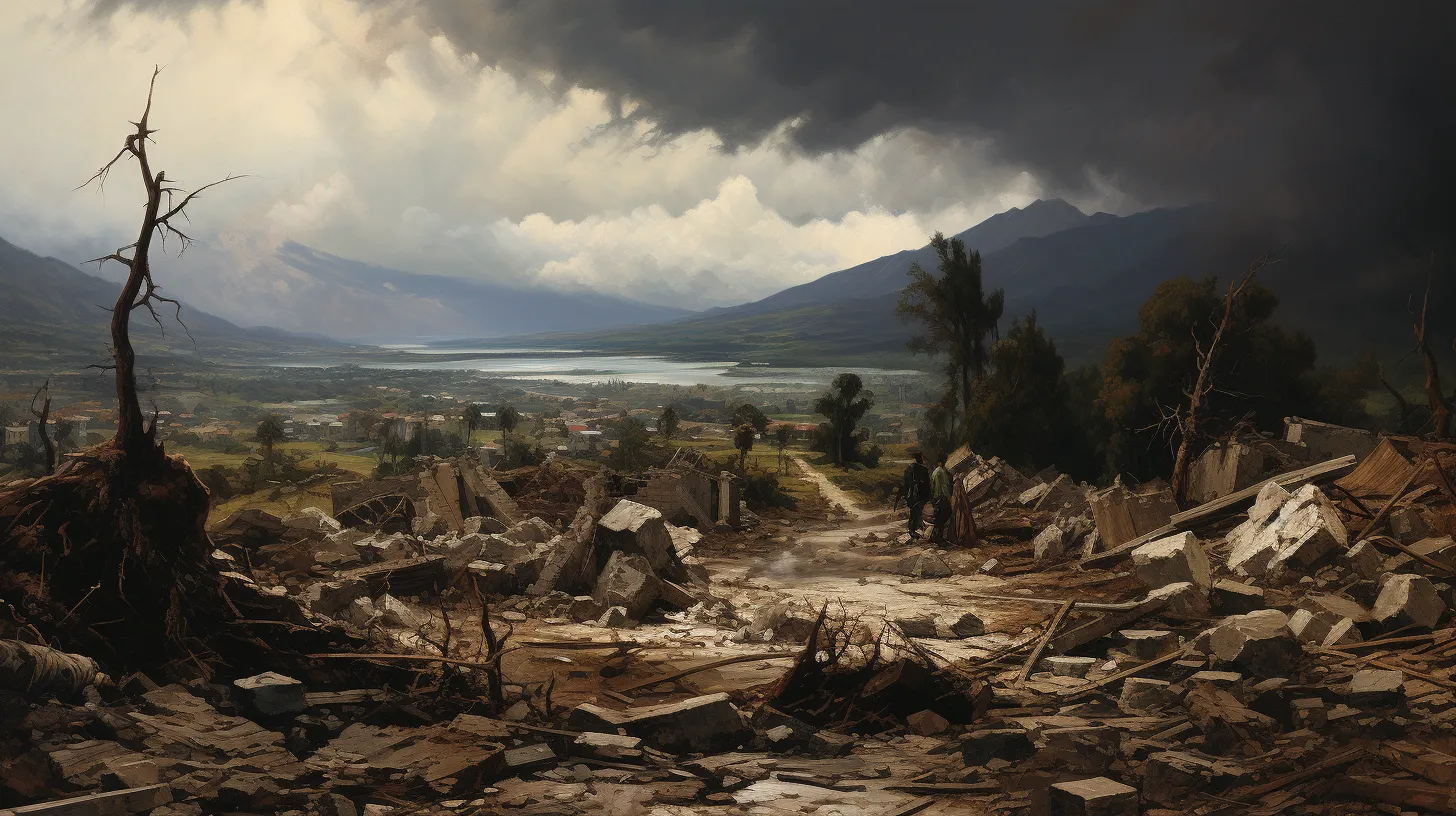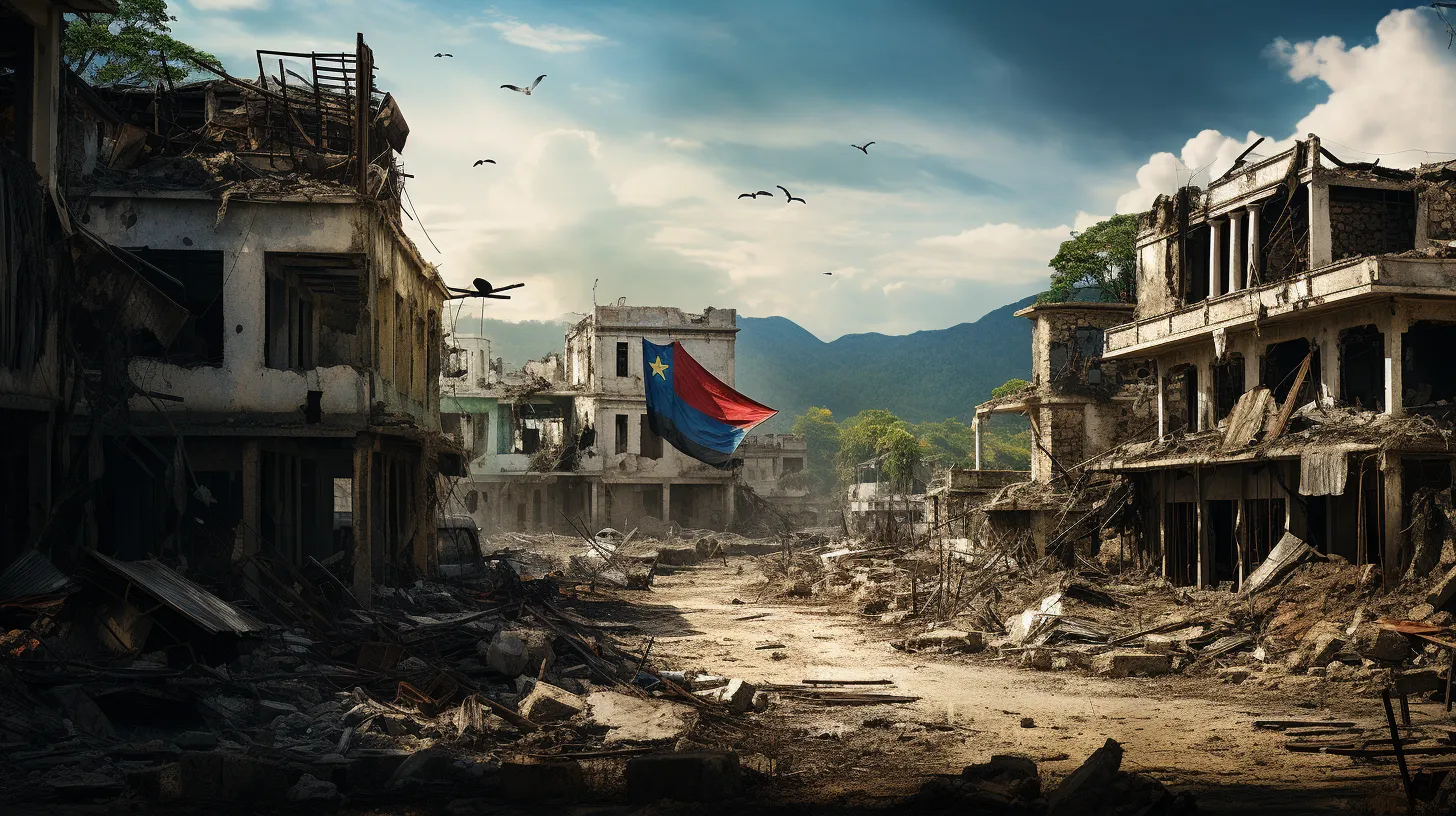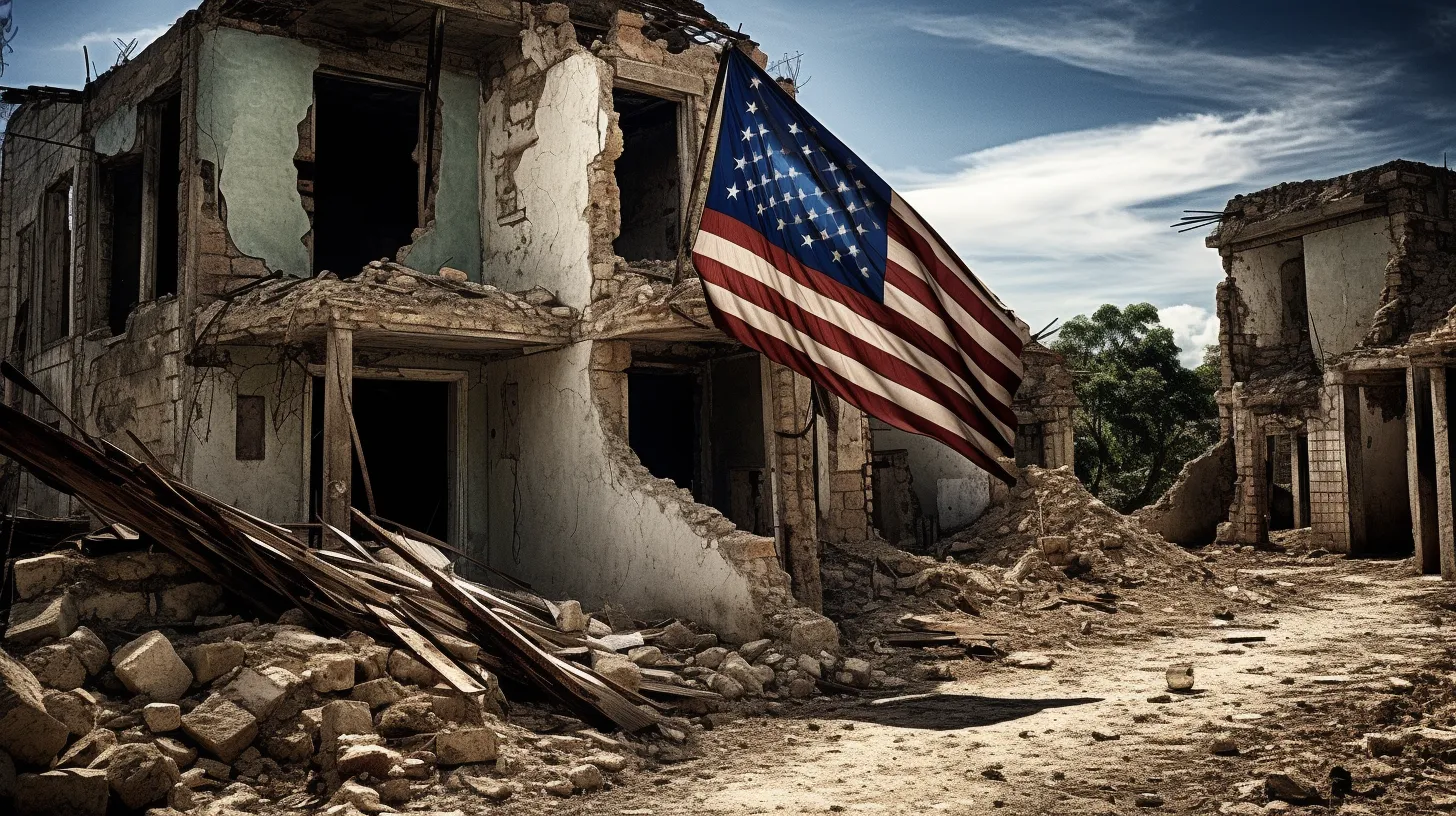In the discussion of global poverty, people often wonder if Haiti is the poorest country in the world. While it doesn’t officially hold that title, Haiti does face significant economic hardships, placing it among the poorest nations in the Western Hemisphere.
A combination of historical factors, political instability, corruption, and limited access to essential services contribute to Haiti’s socioeconomic challenges. Furthermore, the country’s susceptibility to natural disasters exacerbates its struggles.
Various international efforts, including support from the United States and other nations, aim to promote Haiti’s development and alleviate poverty.
Haiti’s Economic Challenges

The economic challenges faced by Haiti stem from a complex interplay of historical, political, environmental, and social factors.
As the poorest country in the Western Hemisphere, Haiti has struggled with low economic growth, high levels of poverty, and inadequate healthcare access.
Political instability and corruption have hindered efforts to address these challenges, leading to a reliance on humanitarian aid and foreign assistance.
Natural disasters, including frequent hurricanes and earthquakes, have further strained the country’s economy, causing damage to infrastructure and disrupting economic activities.
The mismanagement of resources and limited arable land have also contributed to Haiti’s economic struggles, leading to unequal income distribution and a dependence on remittances from abroad.
These factors have created significant barriers to economic development and prosperity in Haiti.
Impact of Natural Disasters

Frequent natural disasters have had a devastating impact on Haiti, exacerbating its economic challenges and hindering long-term development efforts. The country’s vulnerability to hurricanes, earthquakes, and storms has resulted in acute food insecurity, hindering poverty reduction initiatives.
The aftermath of disasters like Hurricane Matthew in 2016 has severely impacted Haiti’s GDP growth, exacerbating unemployment and further straining the already fragile healthcare system. Climate change has intensified the frequency and severity of these disasters, compounding the challenges faced by the poorest country in the world.
Additionally, mismanagement of aid funds after the 2010 earthquake has impeded healthcare access, exacerbating the struggle against diseases like cholera and malaria.
Overcoming these hurdles necessitates not only disaster preparedness but also long-term sustainable development strategies to mitigate the impact of natural disasters on Haiti.
Political Instability and Development

Amid ongoing challenges, political instability in Haiti continues to impede the country’s development efforts. This instability has led to human rights violations, social unrest, and hindered economic progress. Despite international aid and some GDP growth, the country’s development remains hampered.
The United Nations has expressed concern over the impact of political instability on Haiti’s overall development. The COVID-19 pandemic has further exacerbated the situation, straining the country’s already limited resources and hindering efforts to improve living conditions.
Addressing political instability is crucial for Haiti to make substantial progress in development, including tackling poverty, improving healthcare and education, and fostering a more stable and prosperous society. Efforts to address corruption and establish political stability are essential for sustainable development and improving the lives of the Haitian people.
COVID-19’s Effect on Haiti

Exacerbating existing issues in healthcare access and services, the COVID-19 pandemic has further strained Haiti’s already limited resources and hindered efforts to improve living conditions.
With a GDP of only $8.2 billion and a population of over 11 million, Haiti is navigating the challenges of the pandemic with a fragile healthcare system and limited access to education.
COVID-19 has also led to increased unemployment and underemployment, exacerbating the country’s status as the poorest in the Western Hemisphere. The pandemic has significantly impacted mortality rates and access to essential healthcare services, further deepening the existing struggles faced by the Haitian population.
Despite international support, Haiti continues to grapple with the devastating effects of COVID-19, which have exacerbated the country’s pre-existing challenges in health and education.
U.S. Administrations and Haiti

The U.S. has consistently played a significant role in Haiti’s development and security, emphasizing healthcare services and support for recovery efforts across multiple administrations.
Haiti, known as the poorest country in the Western Hemisphere, has struggled with political instability, human rights violations, and extreme poverty.
The United States has been a key player in addressing these challenges, providing financial support, and deploying multinational forces to address security concerns related to Haitian gangs.
The World Bank reports Haiti’s low GDP growth rate and high poverty levels, further highlighting the country’s vulnerability.
Historical factors, including exploitative colonial history and external interference, have also shaped U.S. administrations’ approaches to Haiti.
Despite facing significant challenges, Haiti continues to receive U.S. assistance and support for its development and healthcare services, particularly under the Obama, Trump, and Biden administrations.



